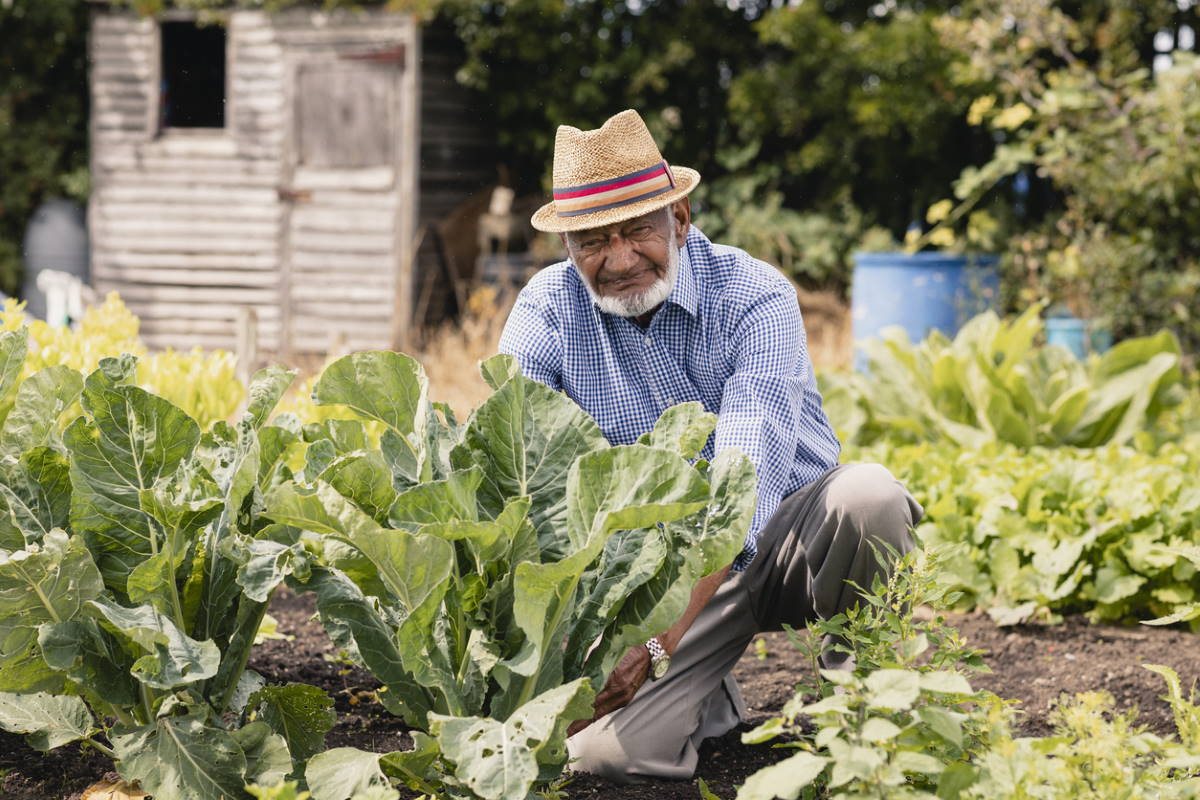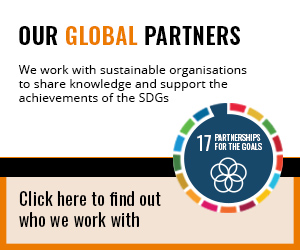Most people accept that sustainability isn’t a choice anymore. We need to live more sustainably if we are to protect our planet for future generations.
And businesses increasingly recognise this, providing consumes with sustainable choices, such as low energy appliances, organic food, and recycled packaging.
Sometimes the cost of these products is a little higher. But many people feel that this is a price worth paying. So what can you do to promote a more sustainable future? Here are five ideas.
1. Recycle
Recycling is one of the easiest things you can do. Recycling means that fewer natural resources are used and also that we don’t need to use landfill sites to get rid of trash.
But it takes a little care. Local authorities generally give instructions on how to recycle but even so making sure that what you actually put in your recycling bins and bags is recyclable locally is important. And ensuring that recycled materials are the right quality is also important – items that are contaminated with food make recycling more expensive and often simply have to be sent to landfill.
You don’t have to recycle via your local authority: if you have a garden, then any left over food waste can be composted, meaning that when you grow your own your veg will be even tastier and more luxuriant. (Tip: don’t compost meat as this will attract rats.)
2. Grow your own
You don’t need a huge garden to grow your own vegetables. Herbs and salads are easy to grow on windowsills and many vegetables can be grown in pots on a patio. It’s fun, educational (if you have kids) and, perhaps most importantly fresh food that you cut and cook immediately tastes wonderful! (If you have never had sweet corn cooked within a couple of hours of cutting, you can have no idea why it’s called “sweet” corn!)
Growing your own means that the food you eat doesn’t need to be transported and stored before it gets to you, which will reduce your carbon footprint.
3. Buy less – and save money
Don’t buy things for the sake of buying something. Buying one-time-use goods is not only a waste of money, it’s a waste of resources. Do you really need that fashion item that you are only going to wear to one party, or can you look stylish by combining or upcycling existing clothes? Do you really need those food items from the supermarket that you fancy right now? (Tip: don’t go food shopping when you are hungry and you will save yourself money.)
Also: buy more and save money! If you buy in bulk (but only what you are sure you will need) you can save money and reduce the amount of packaging that is used.
4. Waste not, want not
A good third of the food that is bought in the UK is wasted, simply thrown away. Which means energy, water, packaging and other resources are wasted. There is no excuse. Most food that isn’t used can be frozen: some foods like curries and stews positively benefit from this. Or you can use excess ingredients or good that hasn’t been eaten as an ingredient in the next meal.
Waste isn’t just about food though. Avoid wasting energy – lights left on (OK, this can be difficult to manage if you have teenage children!), having the heating too high (you will feel better and save a good deal of cash if you turn down the heating by a couple of degrees and put on a jumper instead), or wasting petrol (walking 500 metres to the shop is better for your health). Reduce your waste and you will benefit the planet as well as your pocket.
5. Manage your energy use
Keeping the utility bills down isn’t just about not wasting energy. It’s about the appliances you use. If you are buying new white goods check the energy rating – apart from energy appliances with a better energy rating will be cheaper to run in the long term. And buying new appliances isn’t necessarily bad for the environment as newer items can be more efficient.
It’s also about how you use your appliances. Cooking a stew in the oven – why not cook the potatoes in the oven too , rather than on the hob? (Dauphinoise!). And even little things like turning off items that are left on “stand by” can make a big difference over time.
Image courtesy of iStockPhoto.com






